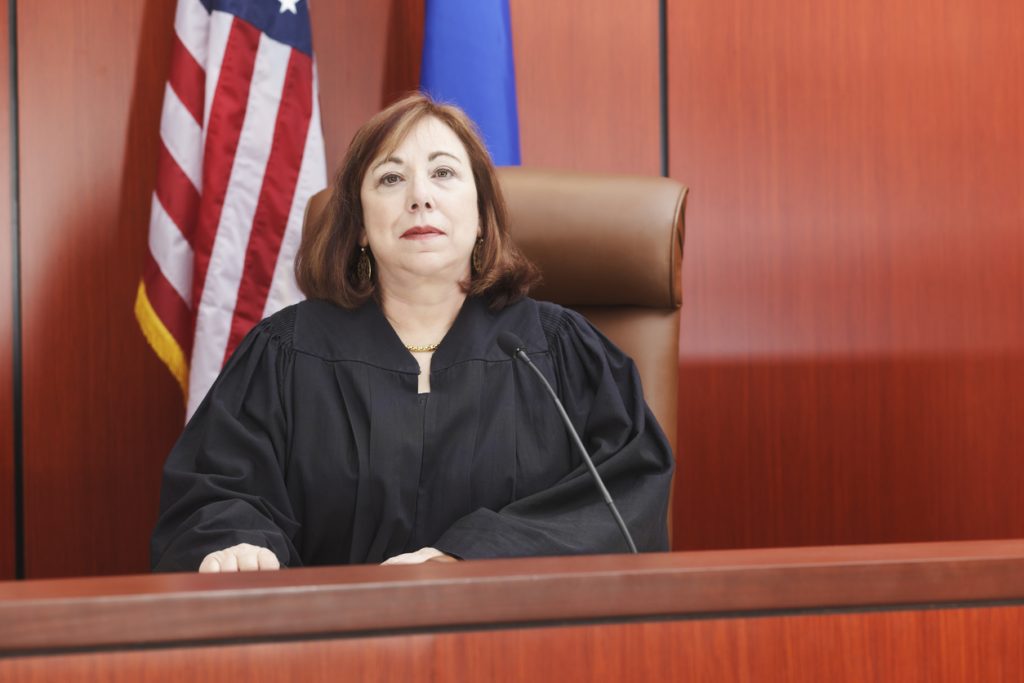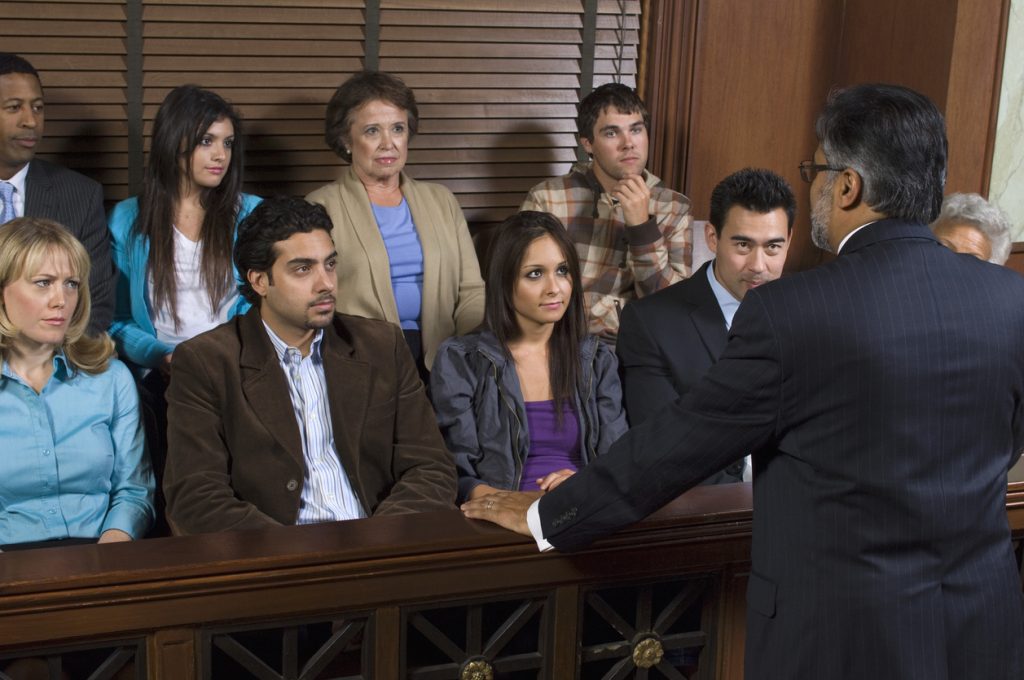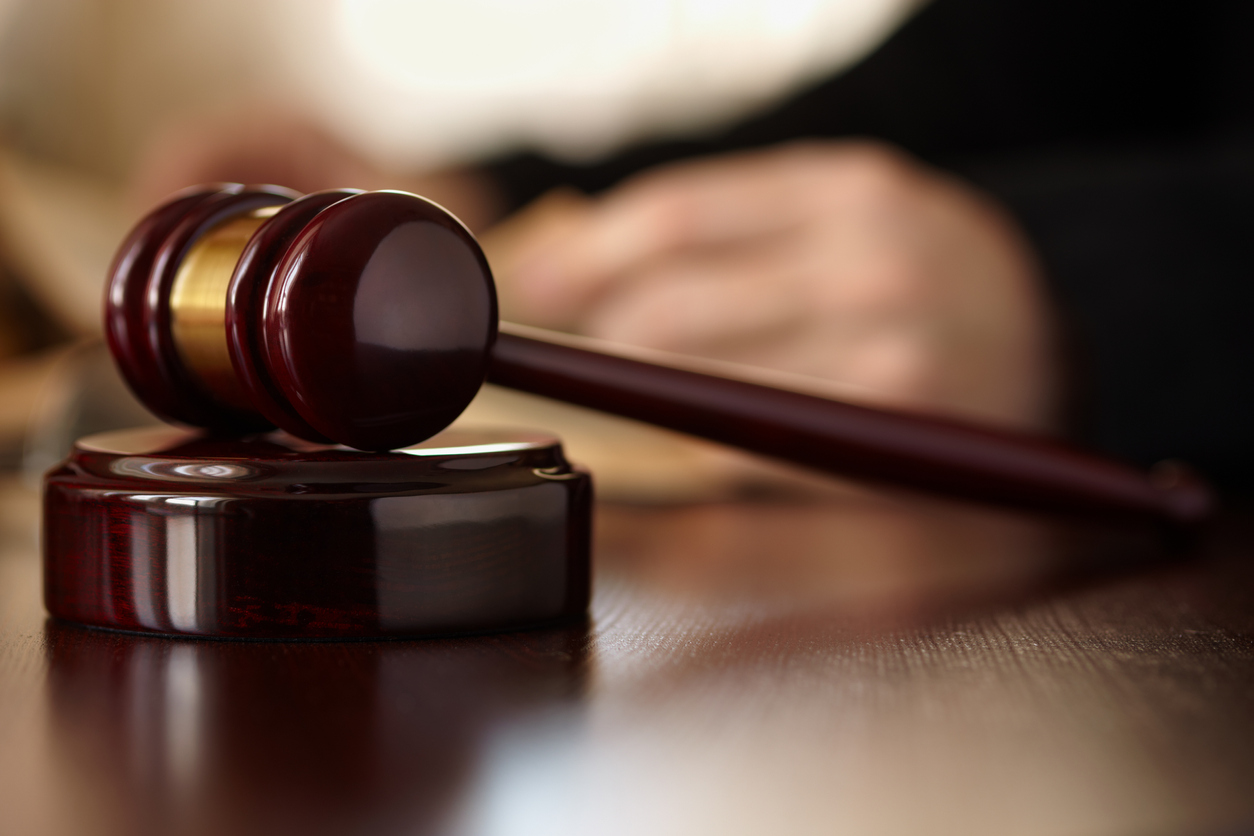No. According to an article Emily Yoffe wrote for The Atlantic in 2017, around 94 percent of felony convictions at the state level and 97 percent at the federal level are the product of plea bargains between a prosecutor and a defendant. This means that in more than 9 out of every 10 cases, a judge accepts a plea deal reached between the prosecutor and the defendant. But judges don’t have to.
Can a judge reject a plea deal?
Yes. Prosecutors can offer and defendants can accept plea deals in every criminal case. But those plea deals aren’t final until they are accepted by a judge. To decide whether to accept a plea deal reached by the defendant and the prosecutor, judges will consider a number of different factors, including the following:
- the seriousness of the charges,
- the factual basis for the charges or the plea,
- background information about the defendant, including his or her criminal record,
- the victim’s perspective (although the victim’s approval is not required) and
- the interests of the general public.
Importantly, a judge must tell a defendant whether he or she will accept a plea agreement with a specific sentence before allowing a defendant to plead guilty. This prevents what some might call “bait and switch” tactics by prosecutors and judges. In other words, a prosecutor or a judge can’t trick a defendant into pleading guilty as part of a plea deal but then ignoring that plea deal to impose a sentence. This allows defendants to make a voluntary and informed decision about entering a plea.

What happens if a court does not accept a plea deal?
If a court does not accept a plea deal, a few things happen. First, as the defendant, you are back to square one. You can still plea guilty (or no contest). But there is no guarantee that you will receive the sentence that the prosecutor agreed to. Alternatively, you can also plead not guilty. If you do that, the case will move forward just like it would have without the plea agreement.
How often does a court refuse to accept a plea deal?
It’s rare for a court to refuse to accept a plea deal, but it still happens. For instance, earlier this year, a U.S. District Court Judge in Georgia refused to accept a plea agreement reached by prosecutors with Travis McMichael and his father Gregory McMichael, two of the men charged with (and later convicted of) the murder of and hate crimes against Ahmaud Arbery.

The Takeaway:
A prosecutor may offer and you may accept a plea deal in a criminal case. But that doesn’t mean a court will accept the plea deal. Courts consider several different factors when deciding whether to accept a plea. And, even in some high-profile cases, judges are willing to reject plea agreements that they don’t agree with. If a judge decides not to accept a plea agreement, a defendant does not have to plead guilty. He or she can still go to trial or try to negotiate another sentence.






